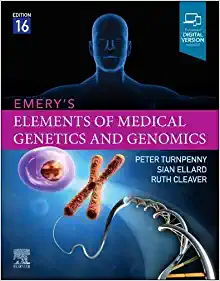
By Peter D Turnpenny, Sian Ellard, Ruth Cleaver
Emery’s Elements of Medical Genetics and Genomics offers current, complete information with a strong basis in practical clinical genetics and genomics for medical school and beyond. Covers key topics such as pharmacogenetics, personalized medicine, prenatal testing, reproductive genetics, and ethical and legal issues in medical genetics.
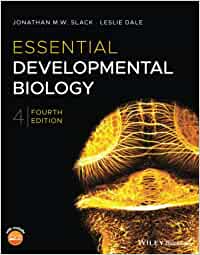
By Jonathan M.W. Slack
The new edition incorporates modern single cell transcriptome sequencing and CRISPR/Cas9, as well as other methods for targeted genetic manipulation. Readers will benefit from the inclusion of such topics as:
* A thorough discussion of the groundwork of developmental biology, including developmental genetics, cell signaling and commitment, and cell and molecular biology techniques
* An exploration of major model organisms, including Xenopus, the zebrafish, the chick, the mouse, the human, Drosophila, and Caenorhabditis elegans
* A treatment of organogenesis, including postnatal development, and the development of the nervous system, mesodermal organs, endodermal organs, and imaginal discs in drosophila
* A final section on growth, stem cell biology, evolution, and regeneration
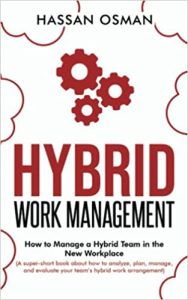
By Hassan Osman
Learn a step-by-step process that helps you manage your hybrid work arrangement effectively while creating a fair and inclusive environment for your employees.
This short book gives you everything you need to know about how to transition to a hybrid work environment in a post-COVID world.
You will learn how to gain the benefits of a hybrid workplace model and maximize the advantages of remote and in-office work.

By Costica Bradatan
In this deeply inspiring book, Costica Bradatan invites us to humble up and embrace the fact that we are all prone to failure. But the real lesson is that this embrace is a first step on a long journey toward self-transformation and growth. We all fail, but only the wise understand that their imperfections are what make them whole.
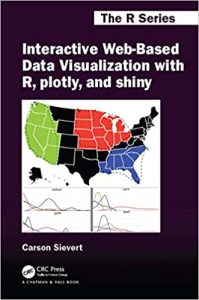
By Carson Sievert
This book fills a gap in the currently-available texts, providing information on making interactive graphics in R. The potential readership of this book is those who would like to learn or master interactive data visualization with R. Both novice R users and experts could find this book useful and learn about plotlymore systematically. Data practitioners could obtain lots of practical advice on how to make their plotly applications more responsive and more aesthetically appealing.
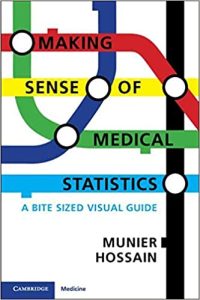
By Munier Hossain
The book provides a light-hearted introduction to the basic concepts in medical statistics. A couple of hundred pages long with short chapters, the book delivers with clear focus the key statistical concepts alongside some general knowledge to lighten what is sometimes a very arid subject. The description of concepts with graphs and figures support the visual learner.
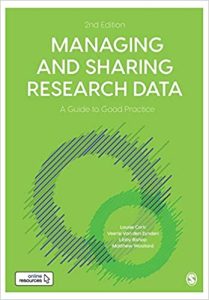
By Louise Corti et al.
This book – full of practical guidance and tips, case studies and examples, and written by longstanding and experienced CESSDA members – helps to develop the skills of researchers and data professionals to produce high quality data that are well described, curated, re-usable and as openly accessible as possible. By describing the sometimes complex facets of data management in an easy and clear way, especially with regards the ethical and legal aspects of sharing and reusing social science data, this book helps to set researchers on a path to more open science.
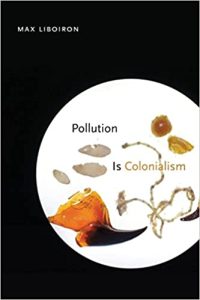
By Max Liboiron
Pollution Is Colonialism provides desperately needed analytic clarity on this settler colonial present. Although the book focuses on plastic pollution, it is relevant to all areas of science, because it illustrates the ways that colonialism can show up in the sciences. This book invites readers first and foremost to look at knowledge practices and forms of knowledge creation, to think about their land relations, and to recognize colonial land relations in their familiar, seemingly benign practices and techniques.

By Willy Hendriks
The Ink War, IM Willy Hendriks once again offers his unique perspective in a well-researched story that continues to captivate until the tragic outcome. It gives a beautiful impression of the 19th-century chess world and the birth of modern chess.








